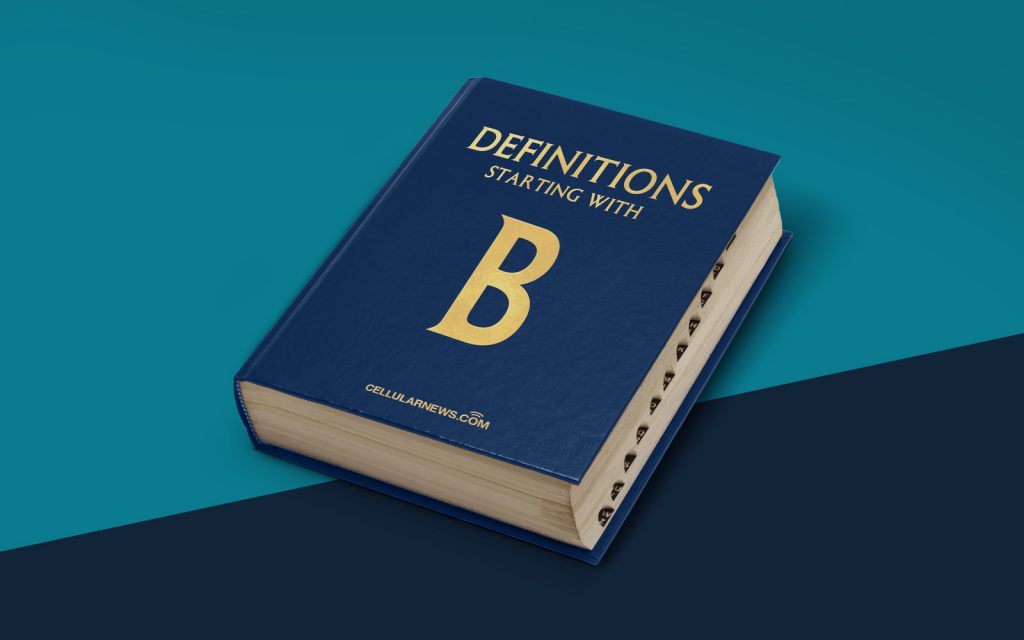
What is BASIC?
Welcome to another post in our “Definitions” category, where we dive into the meaning behind various terms and concepts in the world of technology. Today, we are going to explore the fascinating world of BASIC programming language.
BASIC (Beginner’s All-purpose Symbolic Instruction Code) is a high-level programming language that was developed in the mid-1960s by John G. Kemeny and Thomas E. Kurtz at Dartmouth College. Its mission was to create a user-friendly language that anyone, even those without extensive programming knowledge, could use to write computer programs.
Key Takeaways:
- BASIC is a high-level programming language developed in the 1960s.
- It was designed to be user-friendly, making it accessible to beginners.
The simplicity of BASIC made it a popular choice for individuals who wanted to learn programming. It featured easy-to-understand syntax and typically used English words and phrases rather than complex symbols or mathematical notations. This allowed aspiring programmers to focus on the logic and structure of their code instead of getting caught up in intricate syntax rules.
One of the most significant advantages of BASIC is its versatility. Whether you wanted to create simple mathematical calculations, manipulate data, or develop complex software applications, BASIC could handle it. It supported a wide range of applications, from educational programs to business software, and even games.
Despite its beginner-friendly nature, BASIC was also a powerful language that paved the way for future programming languages and served as a foundation for numerous software creations. It influenced other popular languages like Visual Basic, VBScript, and even indirectly played a role in the development of Microsoft’s Excel macros.
Key Takeaways:
- BASIC’s simplicity made it an excellent choice for beginners.
- It was versatile and could handle a wide range of programming tasks.
Over the years, BASIC has evolved, and several variations have emerged, each offering unique features and capabilities. However, the fundamental principles of simplicity and accessibility remain at the core of the language. Even though it may not be as widely used today compared to more modern languages, knowledge of BASIC can provide a solid foundation for understanding programming concepts and principles.
So, whether you’re a seasoned programmer or just starting your coding journey, exploring the roots of programming through BASIC can be an enlightening experience. It is a language that has helped shape the world of technology as we know it today, making it an essential part of programming history.
We hope this brief overview of BASIC has given you a better understanding of what the language is all about. Stay tuned for more exciting definitions in our “Definitions” category!
